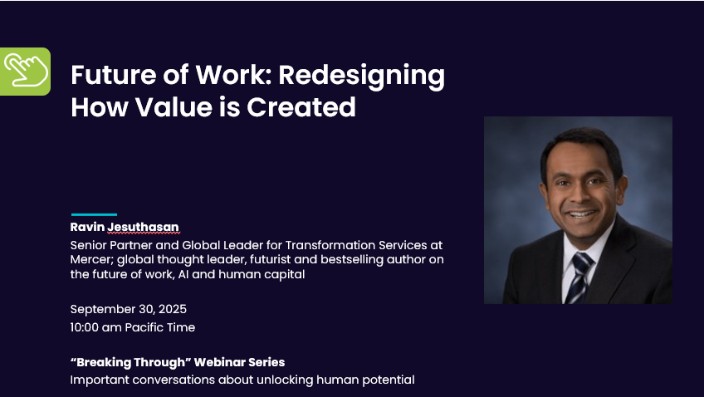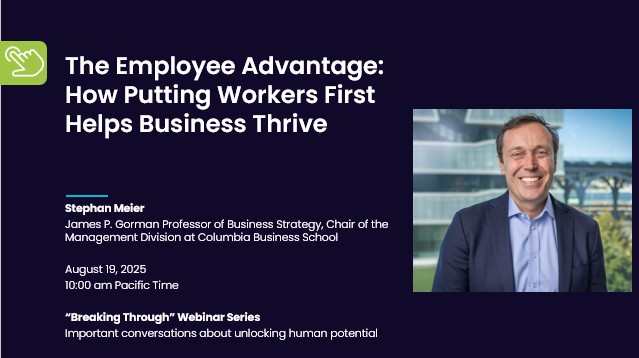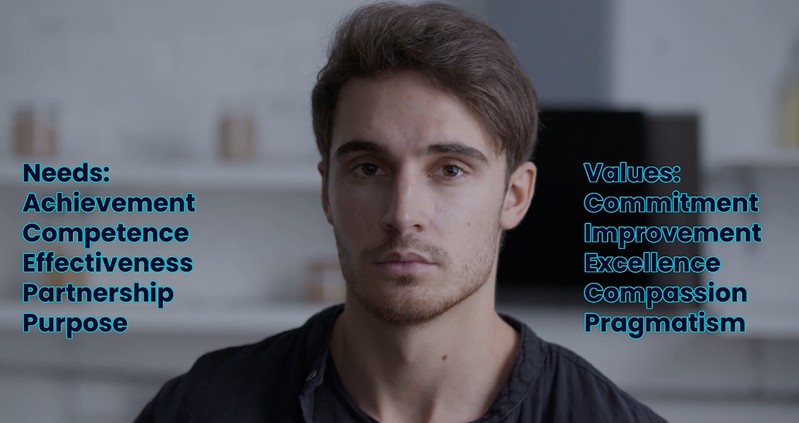
Becoming a Career Architect with Achievement DNA
This Deep Dive Podcast conversation discusses how a coach can elevate and extend client engagements with the tru platform. The unique ipsative approach connects clients and coaches beyond the job search window into an ongoing process of learning and growth throughout a fulfilling career.























